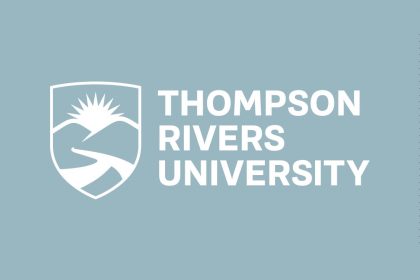The BCcampus Open Education Research Webinar series was a four-part showcase of research on open education featuring colleagues from the B.C. post-secondary sector. It took place between May and August 2020 and aimed to bring attention to important research conducted by B.C. post-secondary educators. The four sessions attracted over 344 registrants from all 25 public post-secondary institutions in B.C., as well as from over 60 institutions across Canada and 37 internationally. Additionally, there were a range of participants from the private sector.
Post by Tannis Morgan, researcher, Open Education at BCcampus
It was really important to us here at BCcampus to include a student research session in the series, so we were thrilled to have Lorri Weaver, a master of education student at Thompson Rivers University, be our third presenter. Lorri’s session on Discovering Openness in Your Research challenged those working in adjacent research areas to think about how openness can be or is part of their work.
Lorri’s research is in the area of community engagement, which often involves the inclusion of many voices. However, there are many barriers that prevent people from participating F2F within community engagement, and community engagement toolkits don’t have a lot of advice for online engagement or how organizations can bring people in for engagement purposes.
Lorri looked to the community of inquiry model (COI), which is a model often employed in distance and online education. She asked how this model could be applied to community engagement and what the impediments are to establishing this model in a community engagement setting.
For her research, she looked for an organization in the community and selected the TRU Makerspace. The makerspace was interested in knowing more about what kinds of training and access they should provide, user goals and how to support them, and how the space could be welcoming. In this way, it was a good fit for a collaborative community engagement project.
In her study, Lorri had four groups using Mattermost (an open source channel-based messaging platform tool similar to Slack, available to BCPSE in the OpenETC) as a space for a community of inquiry. At the time of the webinar, Lorri was still analyzing the discussion transcripts, but had a good foundation to share with us how we can connect our research to openness. In her own research, this is where she connected with openness:
- Open tools —Lorri used an open source tool to replace Slack and noted that using open tools can sometimes remove an access barrier.
- An educational model from another field — In this case, an educational model that also engaged with attributes of openness. For example, there is an open forum for researchers to ask questions to the COI model creators directly, demonstrating how openness can contribute to the sharing of interdisciplinary knowledge.
- A connection with justice — Redistributive, recognitive, and representational justice have been both a recent focus of openness research (Lambert, 2018; Hodgkinson-Williams & Trotter, 2018) and something that aligns with Lorri’s motivations to conduct research on community engagement.
To view a recording of the webinar, visit Discovering Openness in Your Research.
